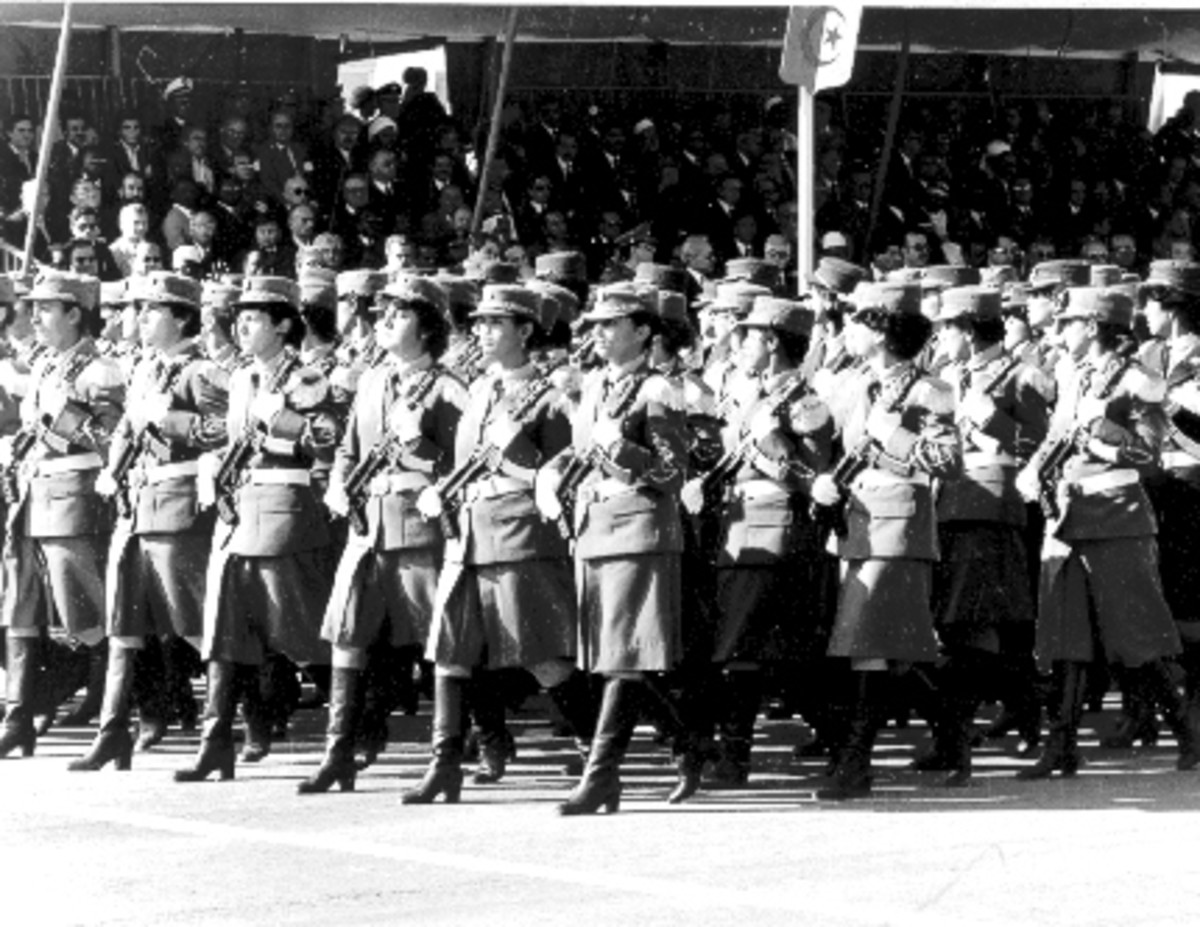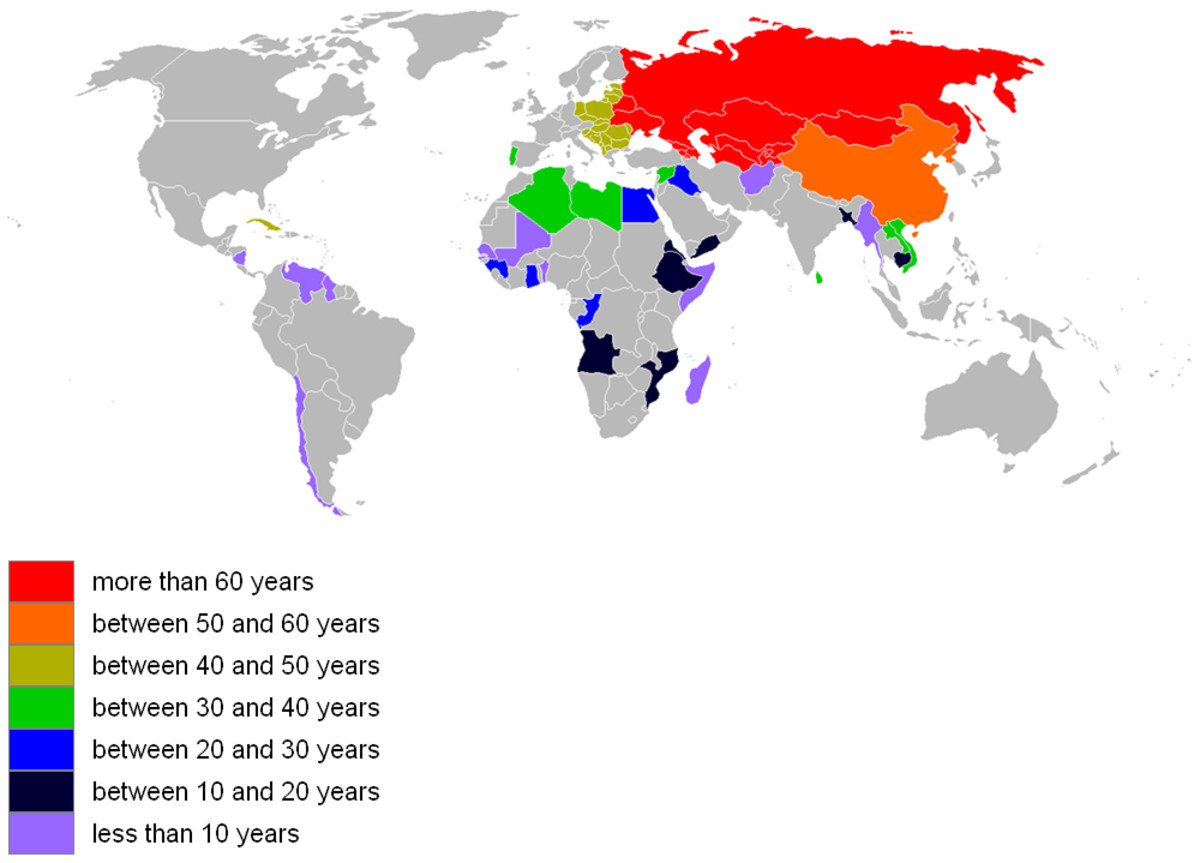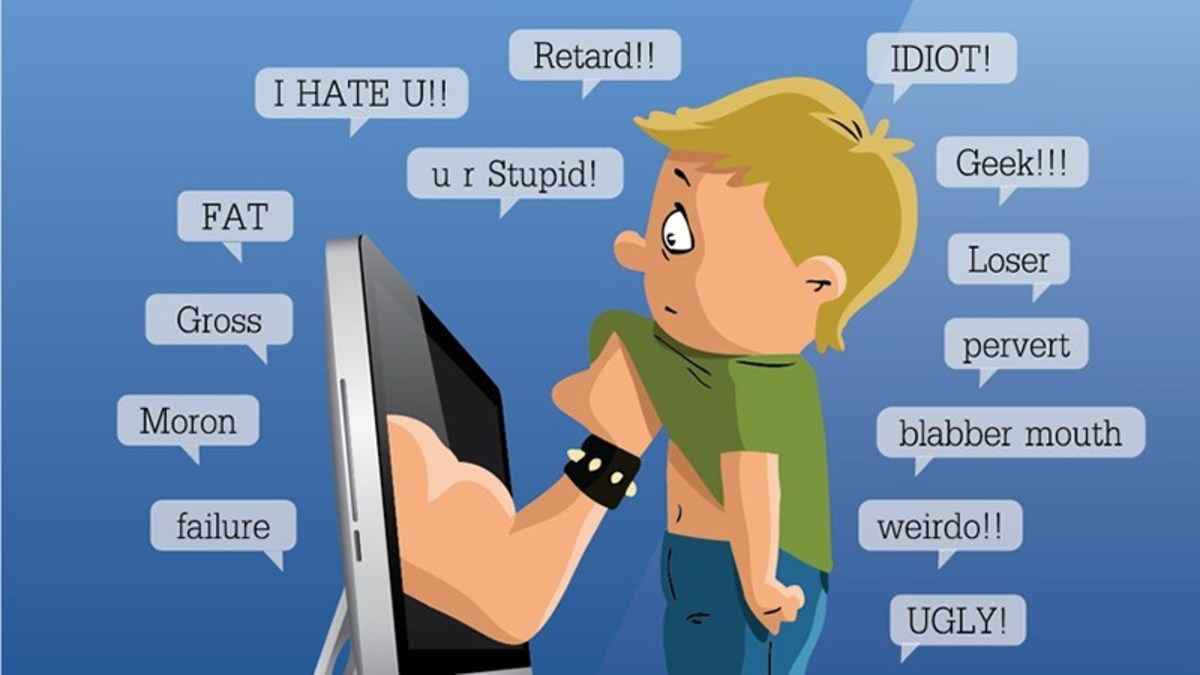Of Violence and Violets
You may not believe it. You may not want to hear it. It is safer to live on planet Earth in the present as opposed to any other time in human existence. It is the best of times and yet, for some, it is still the worst of times.
Edmund Burke

Violent or Violet Culture?
I grew up in central Canada and during the course of my urban education read from books and short stories bearing titles like All Quiet on the Western Front , Slaughterhouse Five, Fahrenheit 491, Catch 22 and many, many more. What lesson was gleaned?
That war and violence are insanity.
After high school out came Apocalypse Now , the movie, adapted from Conrad’s Heart of Darkness, again teaching a young mind about the lunacy of violence...war...man’s inhumanity to man. I believe it was a valuable lesson to learn as early as possible, but some of us have never even dreamed of such a possibility—some hold no hope for the evolution of humankind. For some the idea of a rosy future only bears a bouquet of black dahlias.
These were lessons that I carried into my pacifistic life from the very beginning, being that my parents were begotten themselves in the conscientious cult of the Mennonite—another culture of non-violence. Now, don’t go blowing off with, “What kind of a bleeding heart liberal are you?”
Please, I’ve had my share of violent conflict while playing 35 years in the sport of hockey, growing up in public schools, and should someone accost a friend or family member I would take my three foot wide chest, with accompanying wide jaw, and have a discussion with said accoster who would find himself in a bit of a pinch—if not a punch. I own a 30.06 semi-automatic Remington that has taken down a few deer in its time—but won’t anymore. I don’t back down from a legitimate fight or hunt unless dialogue simply cannot be established. I haven’t found the need to create a violent culture like the news media, political panic button pushers or religious doomsayers. It is a wonderful world when watchful people take care to monitor the untruths of the authors that would rather have conflict.
When bad men combine, the good must associate; else they will fall, one by one, an unpitied sacrifice in a contemptible struggle . Edmund Burke stated in a speech to the English Parliament on April 23, 1770. His context was toward the Whig party, who were rousting bad ideas in an illegal manner, and Burke was urging the Tory party to unite and fight the “bad men” from winning an election. In context Burke was uniting a political party to stand against another political party that was attempting certain persecutions, likely of a monetary nature, upon the people of England.
Ronald Reagan used a variation of the quote when the U. S. Invaded Grenada in the 80’s. Reagan used it to justify military action—violence—when the original quote of good men falling really meant Tory politicians could lose their position of political power. Life and death of a soldier was not at stake—only the position of an elected official. (See more of this misuse of web quotation from Martin Porter at http://tartarus.org/~martin/essays/burkequote2.html)
It is this idea of a culture of violence that is ridiculous in its epic onslaught. When one looks at the last 10,000 years and realizes that these days we live in are the best, and safest, time to be alive that we should shake our heads at the media, the body politic and pathetic prophets of doom. This present time period that we’ve built, been given or enjoy is the safest time during the course of all human history to be alive. It is safer than Cleopatra’s Egypt, Julius Caesar’s Rome and the European era of Renaissance—it is certainly safer than 10,000 BCE or Genghis Khan’s China.
How can I say that?
In a speech given in 2007 by renowned linguist and thinker, Stephen Pinker you can enjoy his interesting repartee of living in our present millennium. It isn’t rose-coloured glasses that I’m wearing trying to reveal a rosy future with silver clouds and golden moons that Pollyanna herself would love to live in—it is simply the factual reality that you are much less likely to be killed by violence in the 21st century than when compared to all of past human histories. Isn’t that encouraging? How’s that in attempting to make your day—week—or maybe, your year?
For all of you naysayers or theologians who pray for the soon coming return of Jesus Christ or the continuing myth of our violent planet? Christ was reported to have returned a second time, wasn’t he? Didn’t he say, “The kingdom of God is at hand.” Isn’t the kingdom of heaven in your hearts? Humanity has become more empathetic, bearing more “circles of reciprocity” and realizing the need for symbiotic and cooperative relationships globally, socially and locally.
As Pinker states at the end of his presentation after revealing this myth of violence, “It would be nice to know what it is.” Even the specialists can’t explain this continued drop in human violence.
So even though Hollywood keeps pumping out violent movies of ever-increasing ferocity, it would appear that the statistics of humankind in relation to homicide over the course of recorded history are revealing a kinder and gentler species.
Our past violent nature has been educated and not violated—but violetted. Perhaps the flower children of the 60’s aren’t all pushing up daisies, but rather, they set the table for a floral future of epic advances.
Dr. Stephen Pinker dispells the violence of our present world--it used to be worse.
- Steven Pinker on the myth of violence | Video on TED.com
TED Talks Steven Pinker charts the decline of violence from Biblical times to the present, and argues that, though it may seem illogical and even obscene, given Iraq and Darfur, we are living in the most peaceful time in our species' existence.









